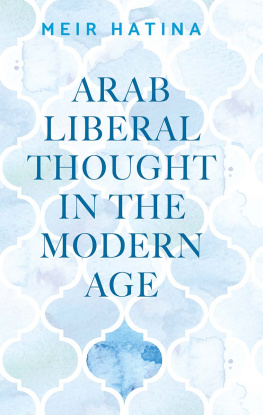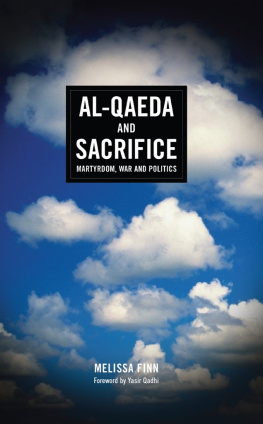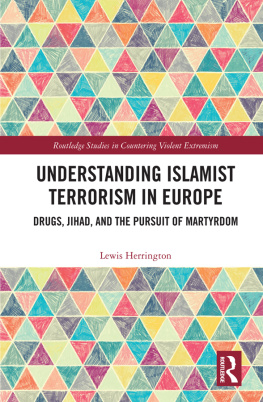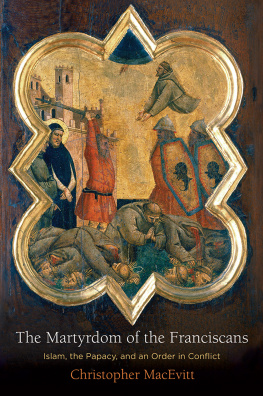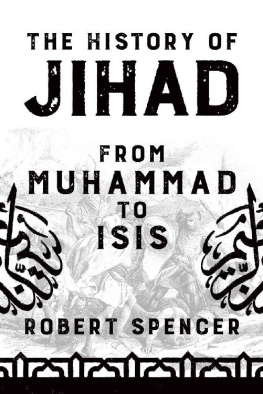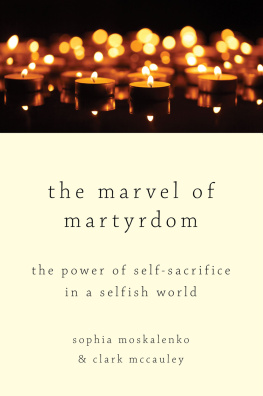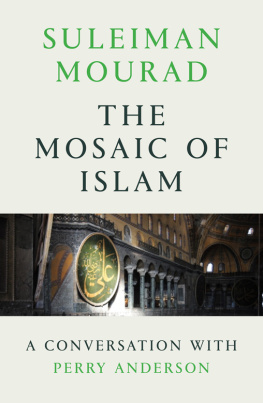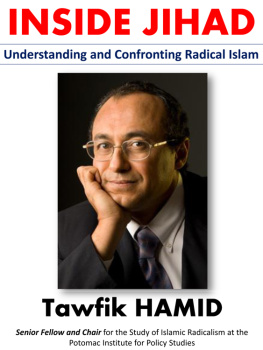William O. Beeman is a professor and Chair of the Department of Anthropology, University of Minnesota. He is an expert in the field of performance studies, particularly the study of non-Western theatrical traditions, including in Iran, Japan, China and South Asia. He is the author of several books, including Language Status and Power in Iran (1986); Iranian Performance Traditions (2011); and The Great Satan vs. the Mad Mullahs: How the United States and Iran Demonize Each Other (2008).
David Cook is Associate Professor at Rice University. His fields of interest include early Islam, Muslim apocalyptic literature and movements for radical social change, historical astronomy, Judeo-Arabic literature and West African Islam. He is the author of Contemporary Muslim Apocalyptic Literature (2005); Understanding Jihad (2005); and Martyrdom in Islam (2007), and co-author of Understanding and Addressing Suicide Attacks: the Faith and Politics of Martyrdom Operations (2007).
Robert Gleave is Professor of Arabic Studies, University of Exeter. He is Director of the Islamic Reformulations project in the Institute of Arab and Islamic Studies there, and has led the Legitimate and Illegitimate Violence in Islamic Thought project (www.livitproject.net). His most recent monograph is Islam and Literalism: Literal Meaning and interpretation in Islamic Legal Theory (2012). He is also the co-editor of Violence in Islamic Thought from The Quran to the Monglos (2015).
Isaac Hasson is Professor Emeritus of Arabic Language and Literature at the Hebrew University of Jerusalem. His research deals with early Islamic history, the place of Jerusalem in Islam, and aspects of Islamic historiography. In recent research, he has focused on the modern Shia and on Sunni-Shii polemics. He is the editor of Fadail al-Bayt al-Muqaddas by Abu Bakr Muhammad b. Ahmad al-Wasiti (1979) and co-editor of Le Voyage de Muhammad ibn Said al-Suwaysi au Yaman 18901895 (2008).
Meir Hatina is a professor and Chair of the Department of Islamic and Middle Eastern Studies at the Hebrew University of Jerusalem. His research focuses on the history of ideas and politics in the modern Middle East, and has an emphasis on Islamic thought and politics. His publications include Identity Politics in the Middle East (2007); Ulama, Politics, and the Public Sphere (2010); and Martyrdom in Modern Islam: Piety, Power and Politics (2014). He is also the editor of Guardians of Faith in Modern Times: Ulama in the Middle East (2008), and the co-editor of Narrating the Nile: Politics, Cultures, Identities (2008) and Religious Knowledge, Authority and Charisma: Islamic and Jewish Perspectives (2014).
Liora Hendelman-Baavur is a lecturer in the Department of Middle Eastern History at Tel Aviv University. Her research focuses on gender studies, the history of Iranian journalism, popular culture and civil society. She is the author of The Mirror Has Two Faces: The Islamic Republics Dual Policy toward the Internet, Orient IV (2013); Judeo-Persian Communities: The Islamic Republic of Iran, (19792009), in Jewish Communities of Iran, ed. Houman Sarshar (Encyclopedia Iranica Foundation, 2011); and Grotesque Corporeality and Literary Aesthetics in Sadeq Chubaks The Patient Stone, Iranian Studies 47/4 (2014). She is also co-editor of Iran: Anatomy of Revolution (2009, in Hebrew).
Yagil Henkin is an expert on military history. His research focuses on Israeli military history and Small Wars involving non-state-actors, terrorism and irregular warfare. He also regularly leads battlefield tours, both in Israel and in Western Europe, and writes hiking and battlefield guidebooks. Among his publications are Either we Win or we Perish: the History of the First Chechen War, 19941996 (2007, in Hebrew); Uneasy Red: A Self-guided Journey around Omaha Beach, following in the Footsteps of Those Who Fought There on D-Day (2014); and The 1956 Suez War and the New World Order in the Middle East: Exodus in Reverse


